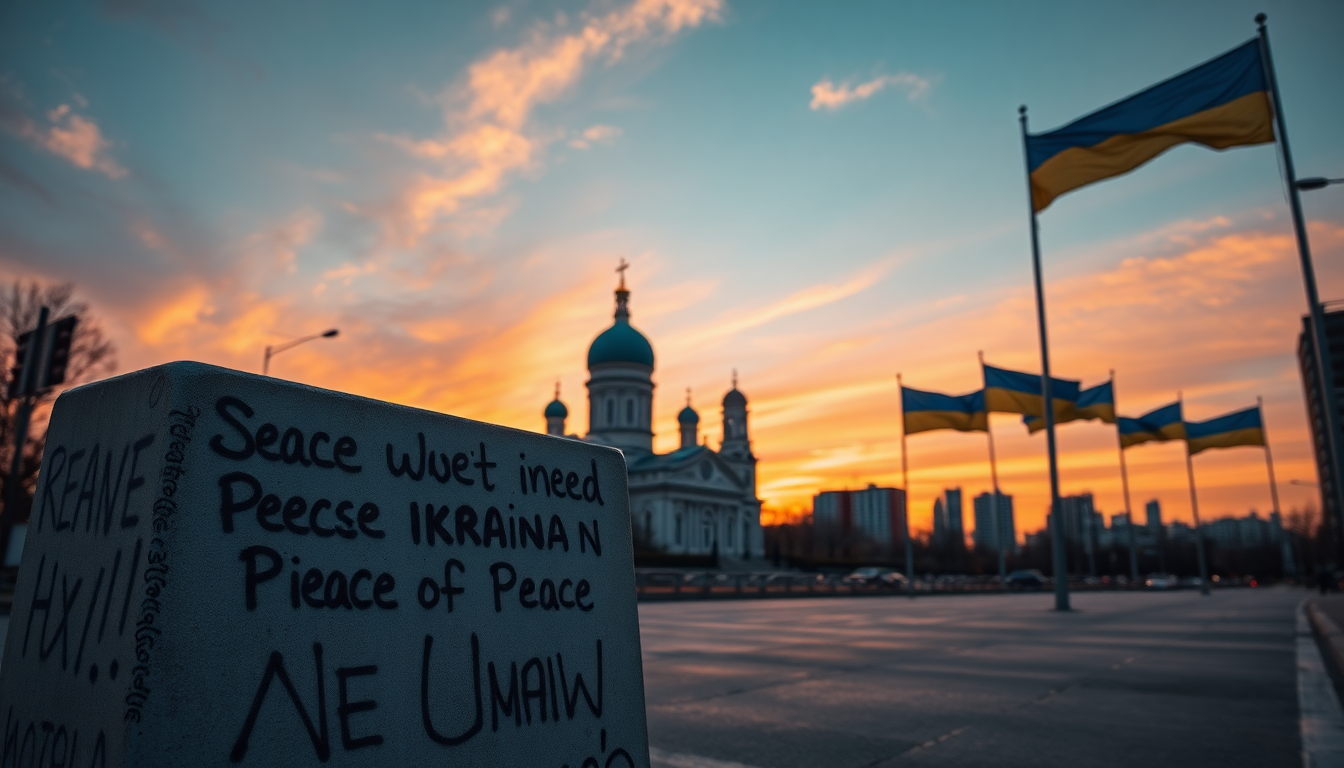Table of Contents
In a bold statement about the ongoing conflict in Ukraine, President Volodymyr Zelenskyy made it clear: any peace summit between U.S. President Donald Trump and Russian President Vladimir Putin that leaves Kyiv out of the conversation is destined to fail.
With plans for a meeting in Alaska underway, Zelenskyy fears that Ukraine’s interests could be overshadowed, jeopardizing the resolution of a war that has gripped the region for over three years. But what does this mean for the future of Ukraine?
The Importance of Ukraine’s Involvement in Peace Talks
Zelenskyy has taken a strong stand, emphasizing that Ukraine’s voice is essential in any discussions aimed at ending the conflict. He pointed out that Ukraine’s territorial integrity, as laid out in its constitution, is non-negotiable. “Any decisions that are without Ukraine are at the same time decisions against peace.
They will not bring anything. These are dead decisions. They will never work,” he stated. This reflects a growing anxiety in Kyiv that the upcoming summit might sideline Ukraine’s role in shaping its own future.
In the past, some Ukrainian officials had expressed a willingness to contemplate a peace deal that might implicitly acknowledge the loss of certain territories.
However, Zelenskyy’s recent comments indicate a shift towards a more hardline stance. He firmly rejected the idea of conceding land to Russia, asserting that Ukrainians will not surrender their land to an occupier. This highlights the delicate balance between the yearning for peace and the crucial need to safeguard national sovereignty.
Can Ukraine really negotiate peace without compromising its identity?
The Summit’s Potential Impact on the Conflict
The planned meeting between Trump and Putin could have significant implications for the conflict, which has already claimed tens of thousands of lives since Russia’s invasion.
Although Trump has expressed a desire to discuss ending the war, the specifics of any potential agreement remain murky. Analysts have hinted that discussions might involve territorial concessions — a notion that has understandably raised alarms in Kyiv.
Critics are particularly concerned about Trump’s decision to host Putin on U.S. soil. They argue that this could inadvertently legitimize Russia’s aggressive actions while ignoring the suffering of Ukrainians. The choice of Alaska as the meeting location has also drawn scrutiny, as it might be seen as favoring Russian narratives regarding historical territorial claims. What message does that send to the world?
Current State of the Conflict and Future Outlook
As the conflict continues, recent reports highlight a troubling rise in civilian casualties, including deaths from drone strikes in Ukrainian cities. Both sides are still far apart on peace terms, with ongoing military operations leading to more loss of life and destruction. This underscores the urgent need for a balanced approach that considers the perspectives and rights of all parties involved. How can we move towards a resolution that respects everyone’s needs?
Looking ahead, the success of any peace negotiations hinges on Ukraine’s inclusion. Without meaningful participation from Kyiv, the chances of a lasting resolution diminish significantly. Zelenskyy’s warnings remind us that for peace to be achieved, it must be inclusive and respectful of Ukraine’s sovereignty and territorial claims. In a world that’s constantly changing, can we afford to overlook the voices of those most affected? It’s time to pay attention.





